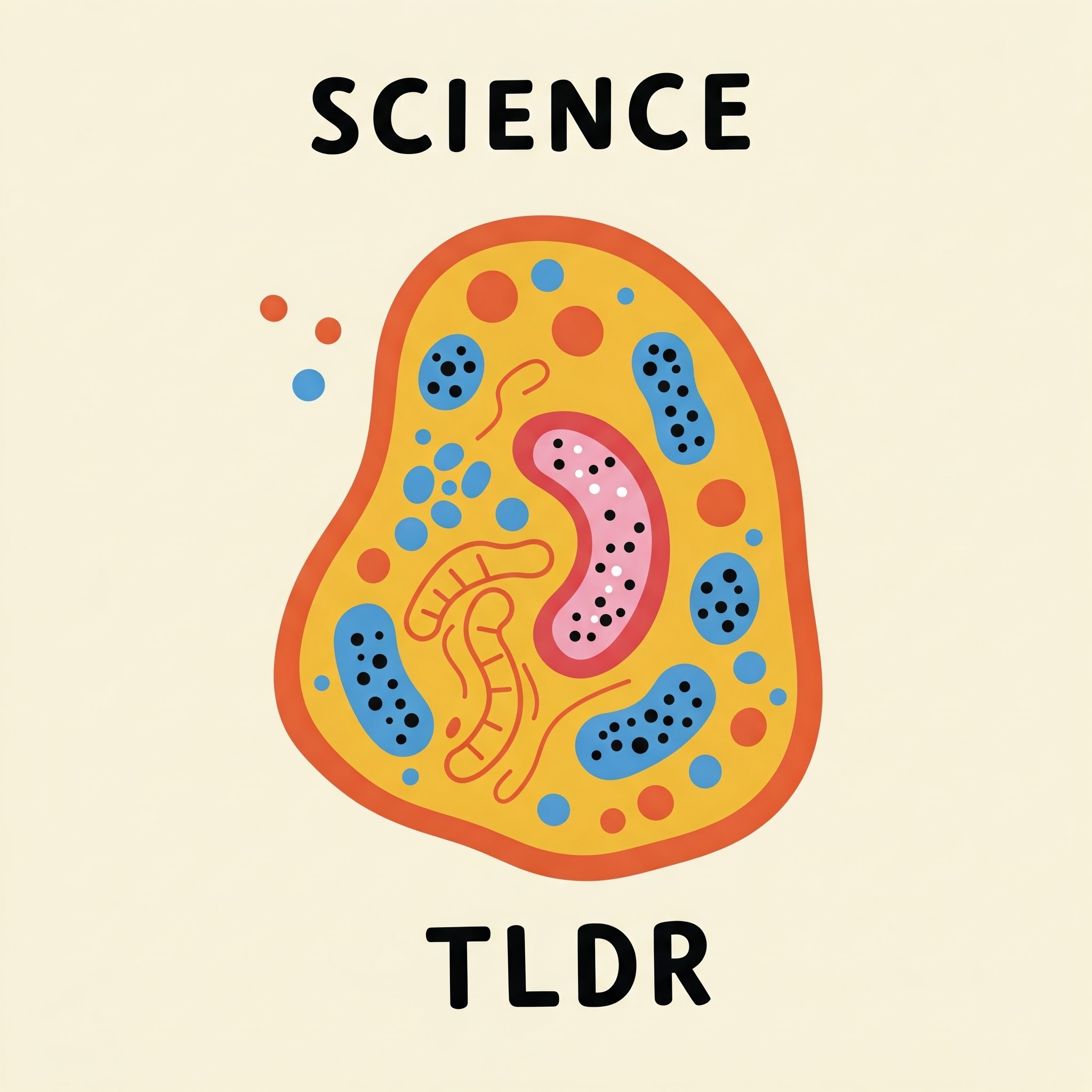Listen "Triple knockdown of CD11a, CD49d, and PSGL1 in T cells reduces CAR-T cell toxicity but preserves activity against solid tumors in mice"
Episode Synopsis
DOI: 10.1126/scitranslmed.adl6432Key Points:The Research Problem:CAR-T cell therapy has been successful for blood cancers but faces challenges with solid tumorsMajor challenge: "On-target, off-tumor toxicity" where CAR-T cells attack healthy tissuesPrevious patient death case: HER2-targeted CAR-T cells attacked lung tissue due to HER2 expression on lung cellsStudy Focus:Target: EpCAM (epithelial cell adhesion molecule) found on many solid tumorsChallenge: EpCAM is also present in normal tissues, raising toxicity concernsGoal: Fine-tune CAR-T cells to attack tumor cells while sparing healthy tissuesKey Innovation - Triple Knockdown Strategy:Researchers targeted three genes simultaneously: CD11a, CD49d, and PSGL1These genes control how T cells migrate through blood vessel walls into tissuesUsed shRNA to silence these genes in CAR-T cellsKey Findings:Triple knockdown dramatically reduced toxicity to normal tissuesMaintained ability to kill cancer cellsEnhanced CAR-T cell memory formationReduced "tonic signaling" (constant activation that can exhaust CAR-T cells)Technical Methodology:Used multiple techniques including:Gene knockdown with shRNAGene knockout with CRISPR-Cas9Flow cytometryImmunostainingMouse modelsAdvantages of Modified CAR-T Cells:Reduced exhaustionBetter persistenceImproved memory formationMaintained anti-tumor effectivenessLower toxicity to normal tissuesLimitations & Future Work:Results in living animals not as impressive as lab resultsNeed to better understand differences between lab and living systemsMore research needed on tumor microenvironment effectsNeed to validate approach with other cancer targetsClinical Implications:Potential pathway to safer CAR-T therapy for solid tumorsCould expand range of possible CAR-T targetsMight make CAR-T therapy applicable to more cancer typesCost and accessibility remain concernsThis research represents a significant step toward making CAR-T cell therapy safer and more effective for solid tumors, though more work is needed to fully understand and optimize the approach.
 ZARZA We are Zarza, the prestigious firm behind major projects in information technology.
ZARZA We are Zarza, the prestigious firm behind major projects in information technology.
